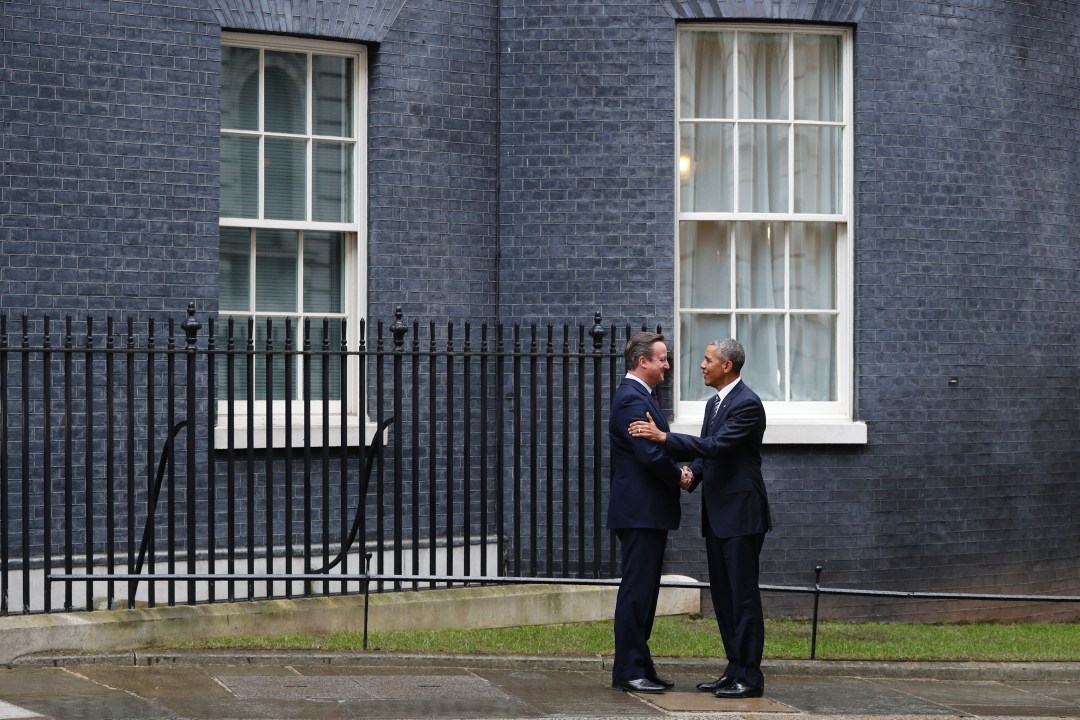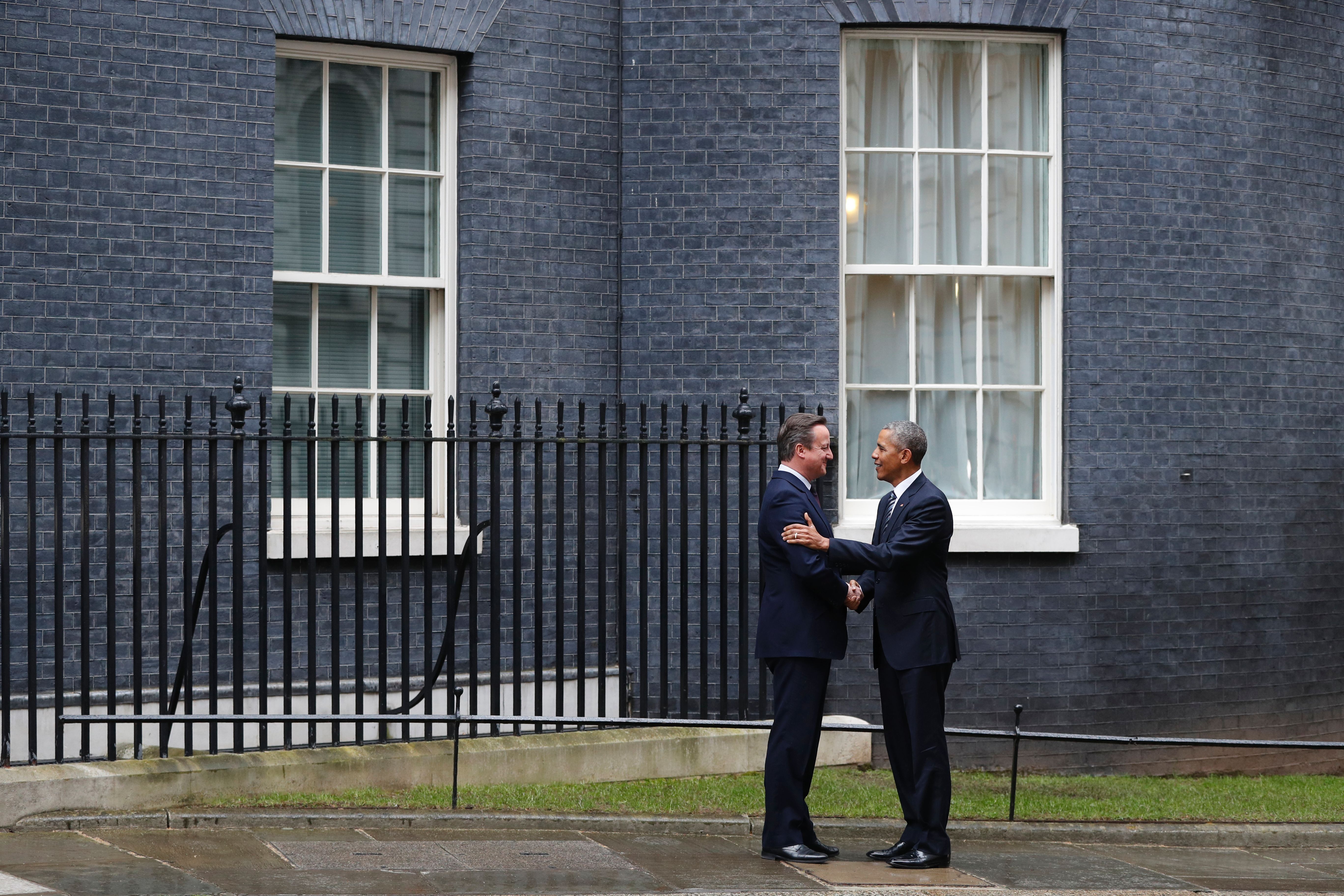It’s the rage I struggle to comprehend. There is, I am sure, an entirely reasonable case to be made for leaving the European Union, it’s just that, for the most part, we’ve not heard it. Instead, the dominant feature of the Out campaign has been its anger. Many of these people really do seem to think this is some kind of struggle for national liberation.
If they didn’t they wouldn’t talk about Britain regaining its ‘independence’. Nor would they suggest that being a member of the EU is somehow incompatible with being a ‘free’ country. This, I am prepared to venture, will be news to the Poles, the Lithuanians, the Romanians and all the other countries of eastern europe who, just a generation ago, could have told you all about the deprivations of being locked into a supra-national pact that denied the possibility of meaningful independent action. The EU, however, is not the EUSSR no matter how often some swivel-eyed, beetroot-faced, blusterer insists it is.
For most people, the vast, overwhelming majority of folk, the EU is a matter of precious little concern. They might grumble about it – grumbling being the national sport – and they might resent its sometimes meddlesome ways but they do not, most of them, care very much about it. That was true ten years ago and is still true today. It will also be true after the referendum. It simply does not impinge upon their lives in ways they find troublesome.
Which is why most people, I think, have greeted this referendum with a weary shrug. It is something to be endured before we can get on with more important things. Like gardening or county cricket. The apoplexy it causes in some people leaves most people cold. We’re not that into the EU, for sure, but we’re really not that into the people driven crazy by the EU.
Almost everyone knows two things about this contest. First that the offer of a referendum was David Cameron’s way of buying time with his own party, a means of delaying a long-maturing civil war. And second that his ‘renegotiation’ was a manoeuvre designed to give the appearance of doing something without doing very much at all. After all, the Prime Minister could live with the status quo and we knew that because if he could not he would have been for Out regardless of the outcome of his renegotiation.
But Cameron was not for Out because he is a Tory. A moderate Tory, it is true, but still a Tory. For whatever else it may be, the campaign to leave the EU is not Tory.
Toryism, after all, is inextricably the business of managing imperfectly arranged business. It privileges the status quo over known unknowns for the very excellent reason that not all change is for the better. Much change is for the worse. If in doubt, don’t and Tories, above all others, should be aware of the law of unintended consequences.
If this makes Toryism dull then so much the better. Radicalism is for other people and the plot to heave Britain out of the EU is certainly radical. the case for remaining a part of the EU is not especially inspiring or elevated, not least since it boils down to the fact that since we’re already a member we might as well remain one because at least we know those costs whereas we have no idea – and have been given no indication by the Out campaign – of the costs of Brexit.
Better safe than sorry is not an ignoble attitude however, and erring on the side of prudence and continuity is no disgrace. Incremental improvement and the steady, if always partial, amelioration of thickety circumstance inspires neither rainbows nor rapture but it is what the business of politics is actually all about.
I think that, deep down, many people understand this on some instinctive level. Which is why they are suspicious of radicals and radical rhetoric. Scepticism is a worthy instinct and something for which the British people have a talent. Your Borises and your Nigels are all very well for a laugh and a spot of flirtatious entertainment but, when push comes to shove and you have to decide, well, they’re not keepers are they?
To every complex human dilemma there is, as the great Henry Mencken put it, a simple solution that is ‘clear, simple and wrong’. Increasingly, the case for leaving the EU seems to be one of those solutions. Politicians don’t like talking about trade-offs but people can understand these things for themselves. They can appreciate that if there is to be a single market (which everyone says we want) there will have to be rules to regulate it (some of which we may not like). Fair’s fair and all that. In like fashion, if a million Britons can live in Spain, a comparable number of Poles can live here.
Perhaps it would have been better if the Remain argument had been made more muscularly. But its quiet insistence that there is no need to embrace avoidable risk is both pertinent and sensible. Hymns to the glory of the european project – even if there is something swell about a project stretching from Galway to Gdansk and beyond – cut little ice. And so caution and prudence prevail. Because that is the small-c conservative way; the Tory way.
The rage with which Barack Obama’s anodyne ‘intervention’ in the debate has been met tells you all you need to know. It tells you that Leave are losing and they know it. Good.








Comments